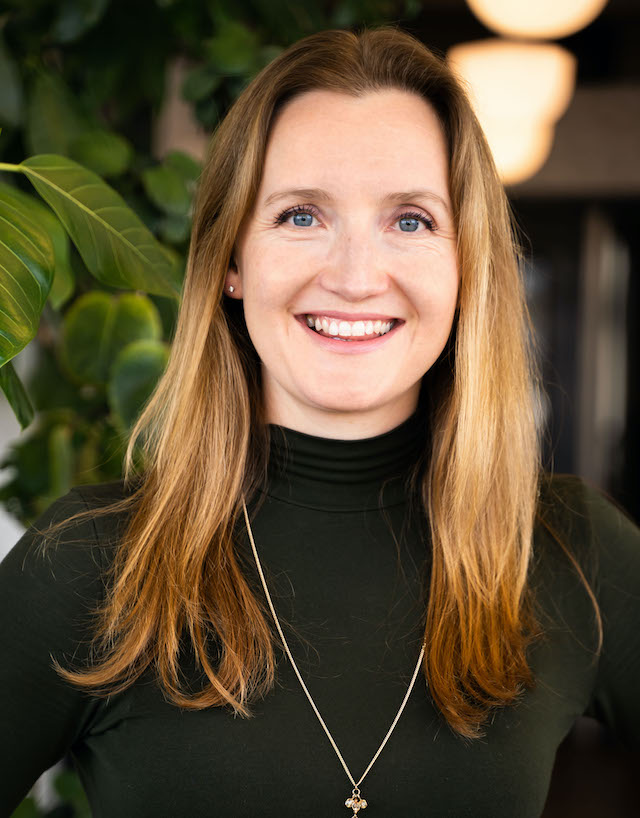Interview: Lyndall Farley
What a sabbatical consultant does and why you need one 2023-08-08 #career
- 2004 sabbatical
- 2014 sabbatical
- 2023 sabbatical
- Sabbatical consultant interview ←
Lyndall Farley (photo), an Amsterdam-based Australian from Sydney, started her consultancy Beyond a Break in 2019. I spoke to Lyndall to find out what a sabbatical consultant does, how she got into it, and how someone ends up taking eleven sabbaticals.
The problem
Lyndall helps people with the problems she experienced on her own sabbaticals; ‘I was taking this time’, she told me, ‘but I didn’t have someone to talk to about the experience, and how to make the most of it.’
Indeed, I know from my own experience that taking a sabbatical presents challenges and big questions, and you need support to navigate the time you take.
The audience
Lyndall says that ‘the people I work with have a couple of things in common. They’re mid-career professionals, who have achieved a certain level of success, and are now questioning what’s next’. People tell her, ‘I feel really burned out and tired’, and need a break to get some perspective. Lyndall helps people who need a partner to help them through that.
The backstory
Looking back, Lyndall said, ‘I didn’t know I was taking sabbaticals until halfway through, but had big travel and career ambitions’. These ambitions took her to 65 countries and seven continents, and from PR and marketing to management consulting.
‘I’d never heard of taking a sabbatical.
I called it “going travelling”.’
Later sabbaticals became intentional career breaks, every few years, to recharge. ‘Number eight was a big transitional sabbatical’, Lyndall revealed, adding that, ‘the decision to leave a consulting career and go out on my own took six months.’ Sabbatical number nine, on an entrepreneurial retreat in Bali, gave Lyndal coaching training and the realisation that she should start a sabbatical consultancy.
The approach
Beyond a Break helps people get the most out of their sabbaticals, using:
- sabbatical toolkit - tools, templates, and a structured process
- support group - like-minded people to learn from and connect to
- personalised coaching - to address individual needs.
Lyndall teaches people to become ‘decompressed at the start’, proceed to ‘the phase of collecting epiphanies’ that address the big questions, and finally transition to post-sabbatical life, maybe ‘a job with a better balance, or a complete life change’.
Getting started
I learned that most people take their first sabbatical because someone like them did it, or because of circumstances (excluding medical issues) forced them.
‘If a doctor’s involved, it’s not a sabbatical’
Some people have heard about sabbaticals, but face barriers, such as:
- financial fears - ‘is it financially responsible?’
- career fears - ‘is it career suicide… will I find another job, will I be passed over?’
- inertia - people who are ‘stuck on the hamster wheel’
Lyndall helps people overcome these barriers.
What’s next
Lyndall has this to say to people who hesitate to take a sabbatical:
- ‘allow yourself to dream - think about what you’ll gain if you give yourself this time off’
- ‘read other people’s stories’, e.g. Sabbatical Stories and The Sabbatical Project
- ‘think about what’s going to happen if you don’t do it - life will just continue the way it’s currently going’
She summed this up with, ‘whatever gets you excited about the prospect’ of a sabbatical will overcome the barriers. I enjoyed chatting with Lyndall, and recommend booking a free call to discuss your situation.


